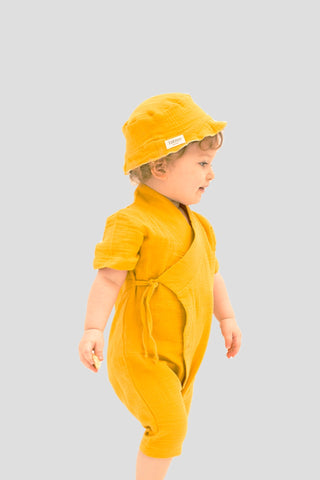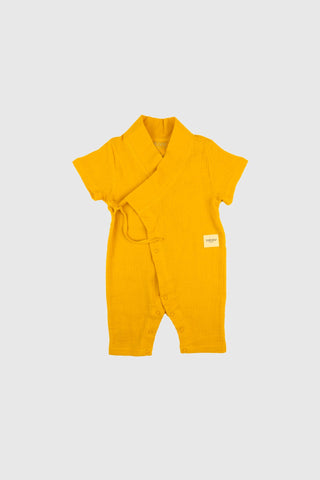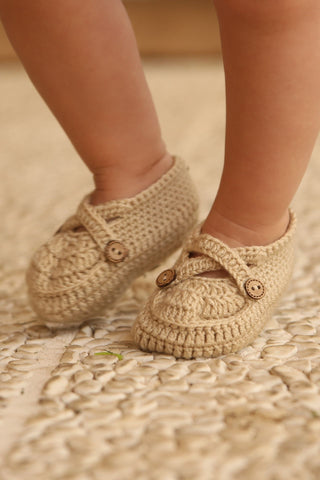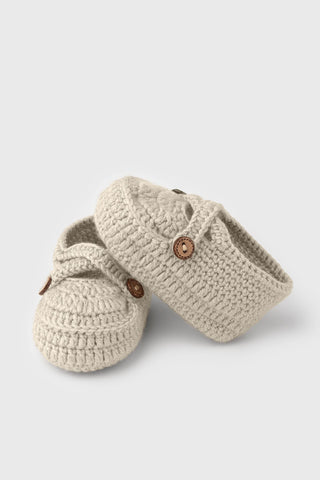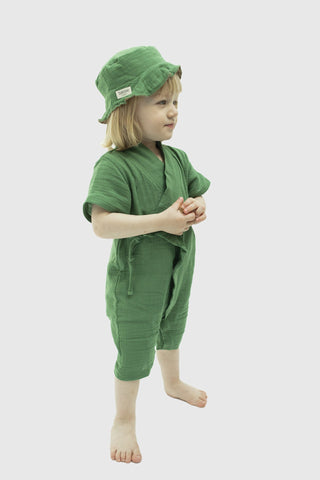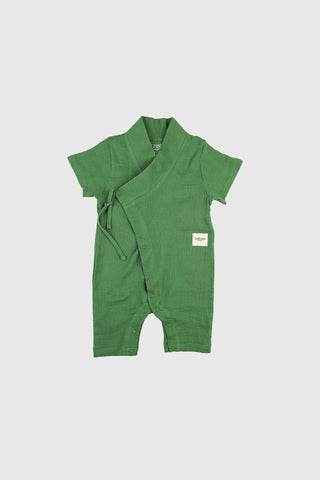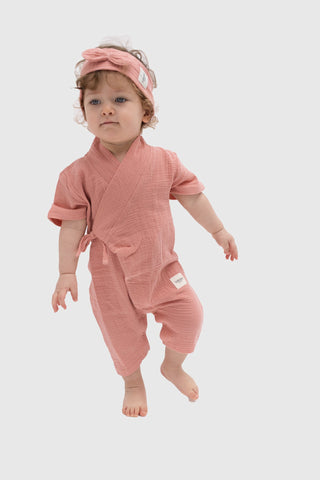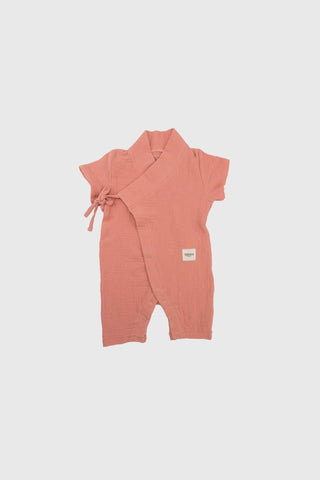13-Month-Old Baby Sleep
Sleep is a miracle of growth and development for every baby, and it's no different for 13-month-olds. At this age, babies typically need two short naps during the day and longer, uninterrupted sleep at night. It's important for parents to maintain consistent sleep routines during this period. Establishing a soothing routine for nighttime sleep can help the baby fall asleep faster and more comfortably. For example, a light massage, a calm lullaby, or a peaceful settling process are ideal for this age. Remember, regular and comfortable sleep is vital for your baby's healthy growth.
For more information, check out our article titled "Reasons Why Your Baby Can't Sleep".
13-Month-Old Baby Teething
Teething processes for 13-month-old babies can often be challenging. During this period, babies may experience restlessness, loss of appetite, and even mild fever. Itchy gums can discomfort your baby, and this can be alleviated with various teething toys or a cold teether. Parents should observe teething symptoms and consult their doctors if necessary. During teething, ensuring your baby gets enough fluids and gentle foods is important. Paying special attention to your baby's oral and dental health during this time will support healthy tooth development.
For more information, check out our article titled "Your Baby's First Teeth: A Guide to Baby Teething".
13-Month-Old Baby Weight
A baby's weight is an indicator of their overall health. 13-month-old babies are typically in a rapid growth phase, which can be observed in their weight. At this age, babies' weights can vary based on gender, genetics, and feeding habits. Parents should provide a balanced and nutritious diet to support healthy weight gain in the baby. Regularly monitoring your baby's weight and discussing it with your doctor during vaccinations and health check-ups is important. Remember, every baby is different and has its own growth rate.
13-Month-Old Baby Care
13-month-old babies are in a period where they begin to explore and acquire new skills. Therefore, baby care during this period should be arranged to support both safety and development. Allow your baby to explore in a safe environment. Take basic safety precautions and make your home safe for the baby. Also, social interaction and emotional development are important during this period. Spending quality time with your baby, talking, and playing will greatly contribute to the development of emotional and social skills.
13-Month-Old Baby Physical Development
Physical development is a significant milestone for a 13-month-old baby. At this age, most babies start to walk or prepare to walk. Babies also begin to develop more complex motor skills, like grasping small objects and playing some simple games. Parents should provide a safe and encouraging environment to support the baby's physical development. Provide sufficient space for walking, climbing, and other physical activities, and encourage your baby. However, always consider safety and stay close to your baby.
13-Month-Old Baby Clothes
Baby clothing is important both practically and aesthetically. When choosing clothes for a 13-month-old baby, comfort and freedom of movement should be a priority. Choose clothes that are easy to put on and take off, and allow the baby to move comfortably. Also, choosing season-appropriate clothing is important. Light and breathable fabrics are ideal for summer months, while warm but non-sweating clothes are perfect for winter. Remember, babies' skin is sensitive, so avoid harsh fabrics and irritating tags.
12-Month-Old Baby Feeding Frequency
Nutrition is critical for the healthy growth of babies. 13-month-old babies typically eat three main meals and several snacks a day. However, every baby's needs are different, and feeding schedules should be adjusted accordingly. Pay attention to your baby's hunger signs and provide food when needed. At this age, offering a variety of healthy foods helps your baby maintain a balanced diet. Also, ensuring adequate fluid intake, including water, is important. If you have concerns about feeding, consulting a pediatrician or nutritionist can be beneficial.


